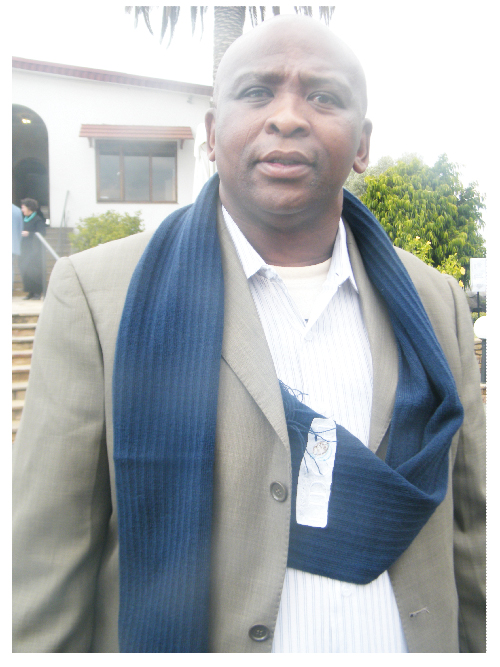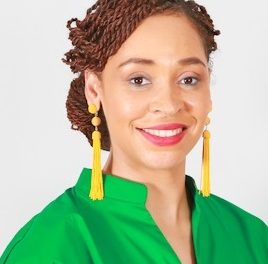
Fidcoh confident about fishing

Nicolaas Links, chairman of the Board of Directors of Fidcoh at the launch ceremony in Windhoek. (Photograph by Yvonne Amukwaya)
Fidcoh received the blessing of the Deputy Minister, Hon. Kilus Nguava.
Fidcoh is a joint venture constituted of five BEE Close Corporations. It is the newest entrant in the local fishing industry. Fidcoh was awarded a fishing right for demersal hake, for seven years.
Speaking at the launch ceremony on behalf of his minister, Deputy Minister Nguava said there have been concerns amongst the established fishing companies when the minister first announced its latest policy with regard to the allocation of quotas to a wider base. “Whilst we take cognisance of these concerns, I am proud to say that it is set to reap benefits for the industry” adding that there is a need for further development of this sector through innovation and the introduction of wholly-owned Namibian processing facilities and vessels.
Nicolaas Links, chairman of the Board of Directors of Fidcoh said it is a true Namibian company, representing all corners of the country in its ownership structure.
“It is compromised of various companies from the South to the North. [They] are Future Energy CC, Ichingo lyowbami Enterprises CC, Deepsea Consolidated Investments CC, Community Catering and Cleaning Services CC and Hatango Fishing CC.”
He said that Fidcoh is also in a short term joint venture agreement with Cato Fishing which will be responsible for catching, processing and marketing their quota of 2035 metric tonnes amongst other responsibilities.
Nguava said that Fidcoh is on the right track in its approach to establish joint venture operations with experienced players and to invest in its operations in order to ensure the sustainability of its future operations and in doing so, adding value to the fishing sector.
Links said they have chosen to go into partnership with a strong established player to manage and exploit their quota while they start the process of investing in infrastructure from the profits.
At the start of the year, Cato caught a freezer quota of 610 metric tonnes on behalf of Fidcah, while 95% of their wet fish quota has been caught already.
As part of the ministry’s requirement to provide employment, Links said that during the fulfilling of their frozen quota, they have employed 65 people as well as 27 Namibians of their 30 sea-going personnel and have indirectly contributed to the maintaining of nine hundred additional jobs during the processing phase of their wet fish quota.
Links said that although there are opportunities in the fishing industry, they are also faced with a unique set of circumstances which they have learned to manage in a relatively short period of time.
Ticking of some of the many obstacles they faced, he mentioned “The slow catch rates during April this year, the inability of processing plants to handle the quota made available and most importantly, acceptance of our existence by those who had a long history in the industry”
“But we have realised that there are distinct opportunities for us in this sector, as well as room for expansion. It is against this background that we will be taking up a stake of 12.5% in an operational vessel during the forthcoming season and a 20% stake in a processing factory by the 2015/2016 season.”
A confident Links said that it is only through such endeavors that they can effectively tap into value addition, build capacity and contribute to the GDP.
In his absence, Links assured the minister that Fidcoh entered the fishing industry to make a meaningful contribution and to support the economy at large.










































